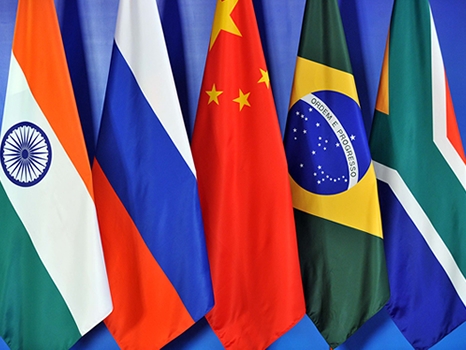After weeks of speculation, Dilma Rousseff has been elected president of Brazil. 62-year-old Ms Rousseff has never held elected office before but was voted in yesterday as the country’s first female president.
After a bitter fight to the end in which both sides accused one another of corruption and misconduct, Rousseff, of the governing Working Party, won 56% to 44% against her rival José Serra, a candidate for the Social Democrat’s Party.
She was always tipped as the ideal successor of outgoing President Luiz Inacio Lula da Silva and enjoyed his support throughout the campaign. He was always praised as an ambassador of the poor and leaves office after two terms with a sky-high popularity rating.
In her victory speech, Rousseff announced that one of her first priorities would be to “eradicate poverty” and pull 20 million Brazilians out of poverty. She hopes to build on Lula’s achievements, since under his government the country witnessed increased minimum wage, increased per capita income and reduced unemployment.
Rousseff’s victory is also a huge victory for the left across Latin America. Washington is unlikely to welcome the news, since, in spite of efforts to cooperate more closely with Latin America than his predecessor, Obama’s administration has continued Bush’s “rollback” strategy against the rise of the leftist governments in the continent over the past decade.
On another level, her victory also points to the ascendancy of female politicians throughout the continent. Of the major countries alone, Argentina has already had two female presidents, Isabel Peron, the first woman to become president of a republic, from 1974 to 1976, and Cristina Fernandez de Kirchner, who has been in power since 2007. In Chile, Michelle Bachelet ruled from 2006 until March 2010. Now Brazil has its first female president.




